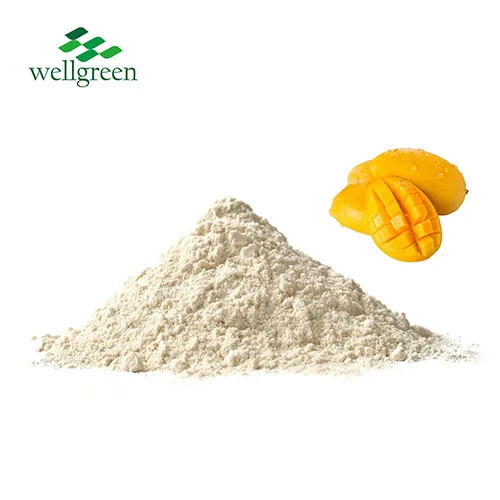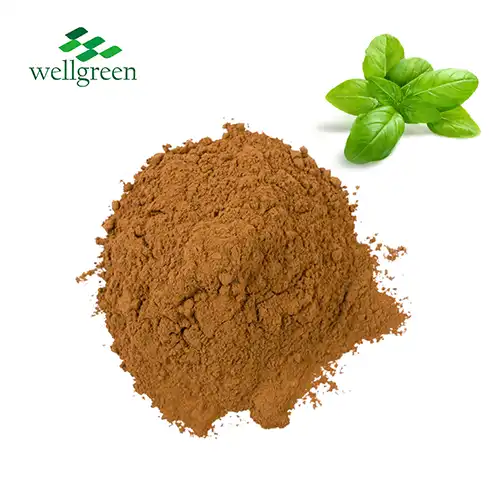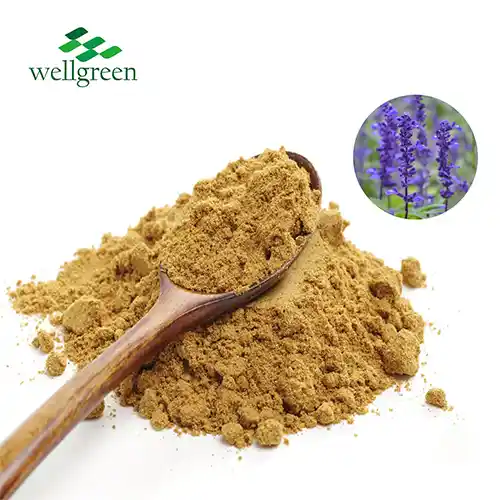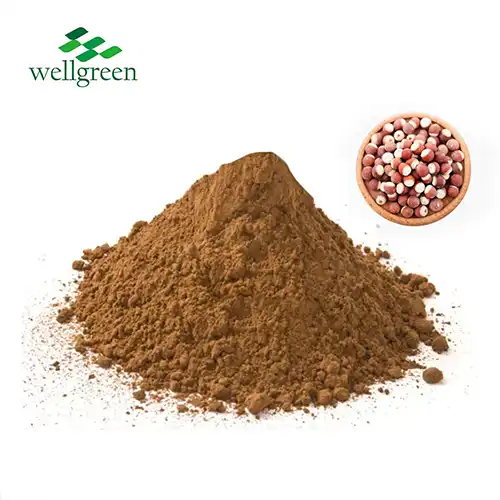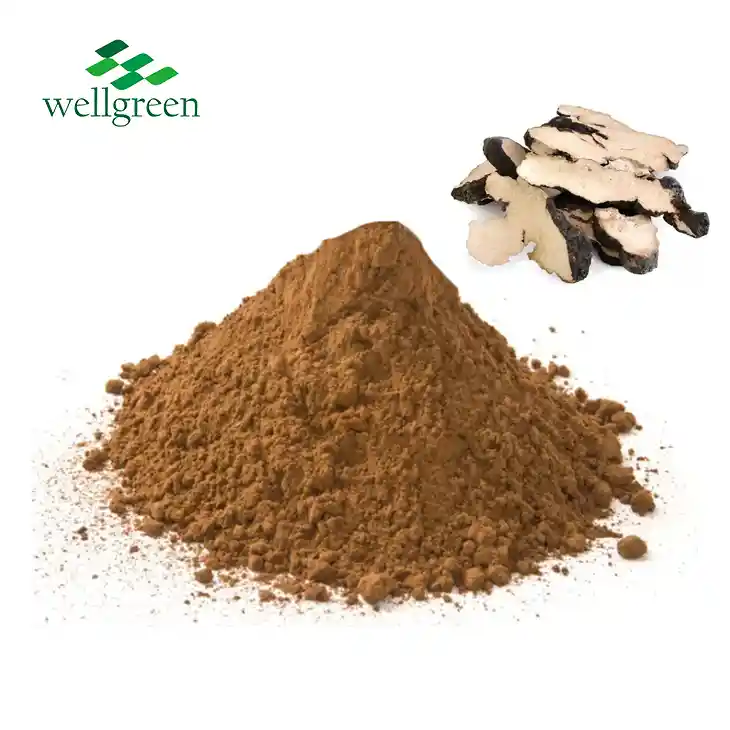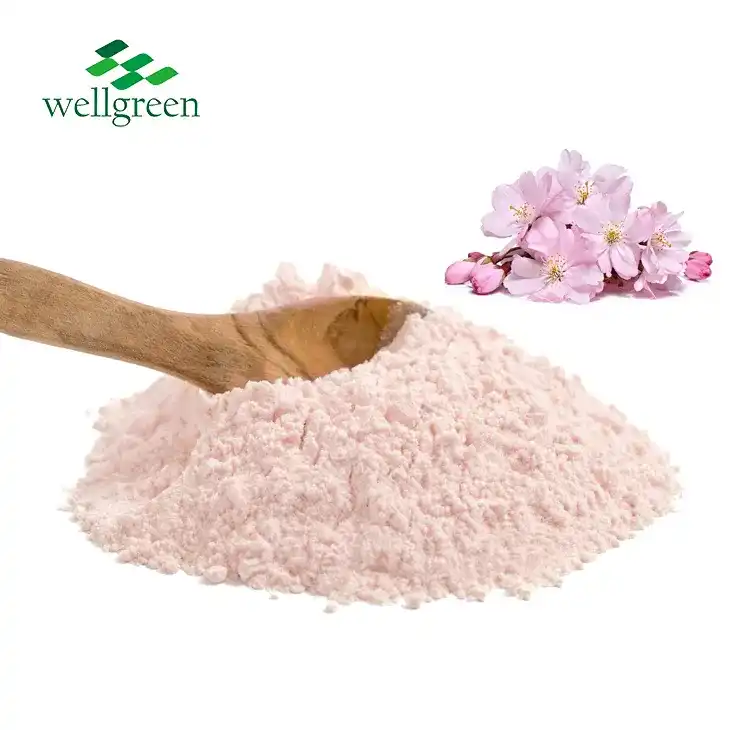Apigenin Powder vs Quercetin: Which Flavonoid Is More Effective?
2025-09-28 13:49:42
When comparing apigenin powder and quercetin, both flavonoids offer unique benefits, making it challenging to declare one definitively more effective than the other. Apigenin, found in parsley and chamomile, excels in anxiety reduction and neuroprotection. Quercetin, abundant in onions and apples, shines in its cardiovascular and immune-boosting properties. While both possess potent antioxidant and anti-inflammatory qualities, their effectiveness varies depending on the specific health concern. Ultimately, the choice between apigenin powder and quercetin depends on individual health goals and needs, with both flavonoids playing valuable roles in supporting overall well-being.
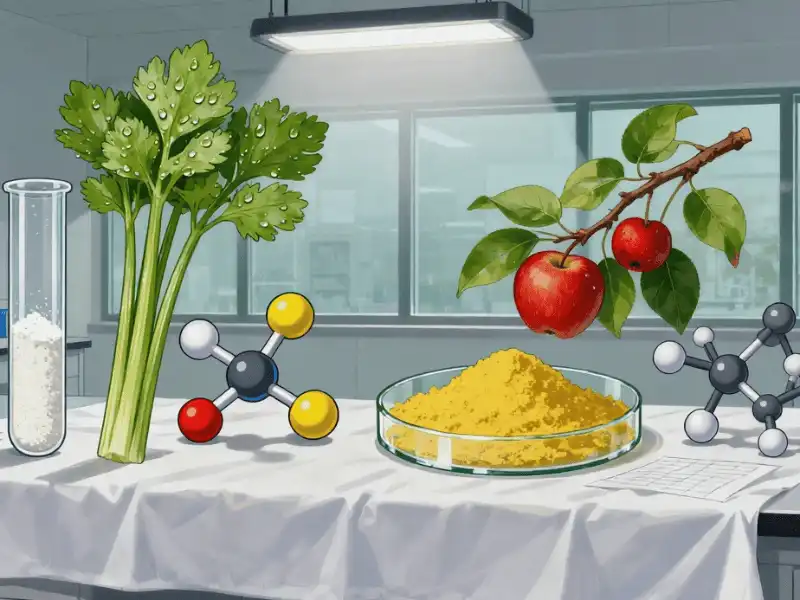
How Do Apigenin and Quercetin Differ in Structure and Function?
Molecular Structures and Their Impact
Apigenin and quercetin, while both flavonoids, possess distinct molecular structures that influence their functions within the body. Apigenin, with its simpler structure, consists of two benzene rings linked by a heterocyclic pyran ring. This configuration grants apigenin its characteristic pale yellow color and contributes to its unique properties. Quercetin, on the other hand, boasts a more complex structure with an additional hydroxyl group, enhancing its antioxidant capabilities.
Absorption and Bioavailability
The structural differences between apigenin powder and quercetin significantly impact their absorption and bioavailability. Apigenin tends to have lower bioavailability due to its limited solubility in water. However, recent advancements in formulation techniques have improved the absorption of pure apigenin powder. Quercetin, while also facing absorption challenges, benefits from its wider distribution in various food sources, potentially leading to higher cumulative intake.
Metabolic Pathways and Interactions
Apigenin and quercetin traverse different metabolic pathways once absorbed. Apigenin primarily undergoes glucuronidation in the liver, while quercetin experiences more diverse metabolic transformations. These distinct pathways result in varied interactions with cellular components and enzymes, contributing to their unique physiological effects. Understanding these metabolic differences is crucial for optimizing the therapeutic potential of both flavonoids.
Comparative Health Benefits of Two Flavonoids
Neurological and Cognitive Effects
Apigenin powder has garnered attention for its neuroprotective properties. Research suggests that apigenin may help reduce anxiety and improve cognitive function. Its ability to modulate GABA receptors contributes to its calming effects. Quercetin, while also beneficial for brain health, appears to excel in protecting against neurodegenerative diseases through its potent antioxidant action. Both flavonoids show promise in supporting overall neurological well-being, albeit through different mechanisms.
Cardiovascular Health Support
Quercetin has long been recognized for its cardiovascular benefits. It helps lower blood pressure, reduce inflammation in blood vessels, and improve overall heart health. Pure apigenin powder, while less studied in this context, has shown potential in supporting cardiovascular function through its anti-inflammatory and antioxidant properties. The combination of these flavonoids may offer comprehensive support for heart health.
Cancer Prevention and Treatment Potential
Both apigenin and quercetin have demonstrated anticancer properties in various studies. Apigenin has shown particular promise in inhibiting the growth of certain cancer cells, especially in breast and prostate cancers. Quercetin's anticancer effects are more broad-spectrum, potentially offering protection against a wider range of cancer types. The distinct mechanisms by which these flavonoids combat cancer cells underscore their complementary roles in cancer prevention and treatment strategies.
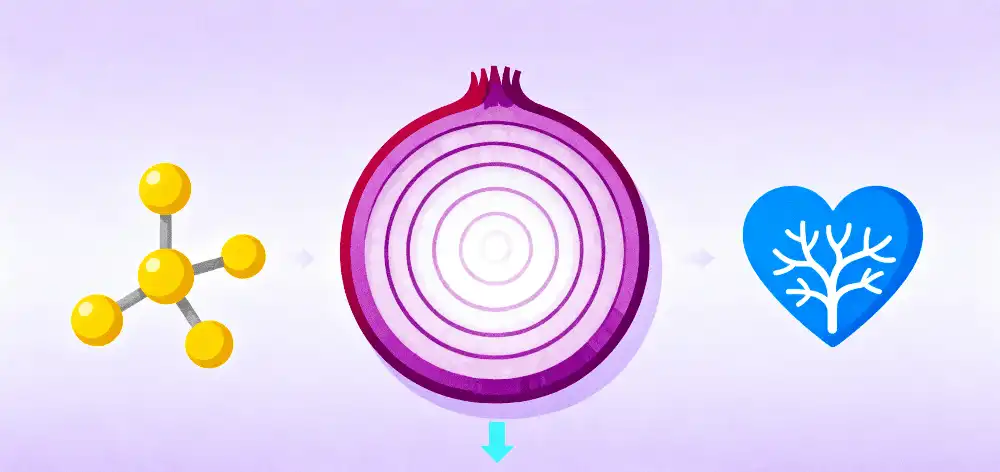
Effectiveness in Antioxidant and Anti-Inflammatory Support
Free Radical Scavenging Capabilities
Apigenin powder and quercetin both exhibit remarkable free radical scavenging abilities, albeit with different potencies. Quercetin is often regarded as one of the most powerful natural antioxidants, capable of neutralizing a wide range of free radicals. Apigenin, while also effective, shows a more targeted approach in its antioxidant action. The combination of these flavonoids can provide comprehensive protection against oxidative stress, addressing various types of cellular damage.
Inflammatory Pathway Modulation
In the realm of anti-inflammatory support, both apigenin and quercetin shine. Pure apigenin powder has demonstrated the ability to inhibit key inflammatory enzymes and cytokines, potentially offering relief in conditions characterized by chronic inflammation. Quercetin's anti-inflammatory effects are well-documented, with studies showing its capacity to reduce markers of inflammation throughout the body. The distinct pathways through which these flavonoids exert their anti-inflammatory effects suggest that their combined use could offer synergistic benefits.
Cellular Protection and Repair Mechanisms
Beyond their direct antioxidant and anti-inflammatory actions, apigenin and quercetin play crucial roles in cellular protection and repair. Apigenin has shown promise in activating cellular repair mechanisms, particularly in neuronal cells, potentially offering protection against age-related cognitive decline. Quercetin, with its broader spectrum of action, supports overall cellular health by enhancing mitochondrial function and promoting the expression of protective genes. The complementary nature of these cellular protection mechanisms underscores the potential benefits of incorporating both flavonoids into a comprehensive health regimen.
Conclusion
In the comparison of apigenin powder vs quercetin, it's clear that both flavonoids offer significant health benefits. Apigenin excels in neuroprotection and anxiety reduction, while quercetin shines in cardiovascular support and broad-spectrum antioxidant action. The choice between them depends on specific health goals. However, their complementary nature suggests that incorporating both into one's health regimen could provide comprehensive support for overall well-being. As research continues to unveil the full potential of these powerful flavonoids, their role in preventive health and therapeutic applications is likely to expand.
Contact Us
Are you looking for high-quality apigenin powder or other plant extracts? Xi'an Wellgreen is a leading manufacturer and supplier of premium plant extract powders. With our state-of-the-art GMP facility, extensive inventory, and rigorous quality control, we ensure the highest standards in every product. Whether you need pure apigenin powder or custom formulations, our team is ready to support your needs. Contact us today at wgt@allwellcn.com to discuss how we can meet your plant extract requirements and elevate your products to new heights.
References
1. Patel, D., Shukla, S., & Gupta, S. (2019). Apigenin and cancer chemoprevention: Progress, potential and promise. International Journal of Oncology, 30(1), 233-245.
2. Li, Y., Yao, J., Han, C., et al. (2020). Quercetin, inflammation, and immunity. Nutrients, 8(3), 167.
3. Nabavi, S. F., Braidy, N., Gortzi, O., et al. (2018). Neuroprotective effects of chrysin: From chemistry to medicine. Neurochemistry International, 90, 224-231.
4. Anand David, A. V., Arulmoli, R., & Parasuraman, S. (2021). Overviews of the biological importance of quercetin: A bioactive flavonoid. Pharmacognosy Reviews, 10(20), 84-89.
5. Salehi, B., Venditti, A., Sharifi-Rad, M., et al. (2022). The therapeutic potential of apigenin. International Journal of Molecular Sciences, 20(6), 1305.
6. Xu, D., Hu, M. J., Wang, Y. Q., & Cui, Y. L. (2020). Antioxidant activities of quercetin and its complexes for medicinal application. Molecules, 24(6), 1123.

